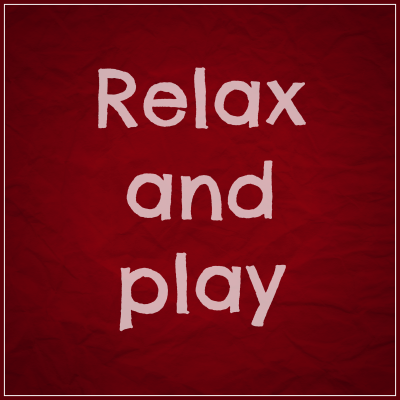I went to a show last week where there were 6 people in the audience, including the director (who was taking notes).
In cases like this, I feel it is my duty to laugh as much as possible, because I am sympathetic to how nerve-wracking it is to perform for a tiny unresponsive crowd.
And as I sat there, giggling as much as I could honestly muster, I realized: part of what I love about watching improv is feeling like I’m a part of it, like I’m supporting the players, like my joy (and expression of it) is the fuel that lets them do their awesome thing.
It satisfies that craving to make the world a better place.
…..
I’ve realized that I usually play better/more fearlessly with less experienced players— partly because less experienced players often go to crazytown, thus providing me with easy opportunities for honest reactions & calling out their contradictions— but largely because I can see that they’re more scared than I am.
SOMEONE’S got to drive the scene somewhere. And if it’s just the two of us on stage, and if it seems unlikely to be them, then I guess it’s gotta be me.
And so I actually pull my weight and support my scene partner.
When I play with equally/more experienced players, though, I’m the scared one, and I almost always make them lead. I hardly ever initiate, walk on, tag out. I “yes” whatever ideas they throw at me, but I struggle to “yes AND” to build the scene.
In my head, I’m supporting them by not fucking up whatever brilliant ideas they’re trying to accomplish. In reality, I’m only supporting by being another warm body on stage, which is maybe comforting but not particularly helpful.
(For this reason, I dream of doing a practice session [or two] where we agree that *I* have to initiate every scene I’m in. Even on days when I decide that I will force myself to do lots of initiations, my scene partner is quicker on the draw and always starts a scene before I’ve quite pieced together a coherent idea. Because this happens pretty much every time, I’ve given up trying. “Go on, partner,” I say, “what have you got? I got an emotion, and I’ll mirror you, but I got nothin’ to say. Initiate for me, I’ll wait.”
Ick. Talk about leaving someone out there.)
…..
I was asked to do a small show last week with one of the Magnet veteran house teams. One of them had seen me do jams, apparently, and liked the cut of my jibe. I immediately agreed to it, because DUH. But I knew it wasn’t going to go great— I hadn’t done any long form in months, I hadn’t done this specific form EVER, the show was late at night and my brain was foggy… but most of all, I knew I’d be playing with veteran improvisers I admire, and I knew I’d play scared because of that.
Which is pretty much how it went down.
I’m not devastated, but I am annoyed at myself.
…..
So. Points:
- I am good at supporting from the audience. This makes me feel good.
- I am pretty okay at supporting less experienced players onstage. This makes me feel pretty good.
- I am not good at supporting more experienced players onstage. This makes me feel bad.
Conclusions:
The more experience I have, the more situations will statistically fall into categories #1 and #2, and fewer into #3, and I will therefore feel good a higher percentage of the time. Keep on truckin’.





